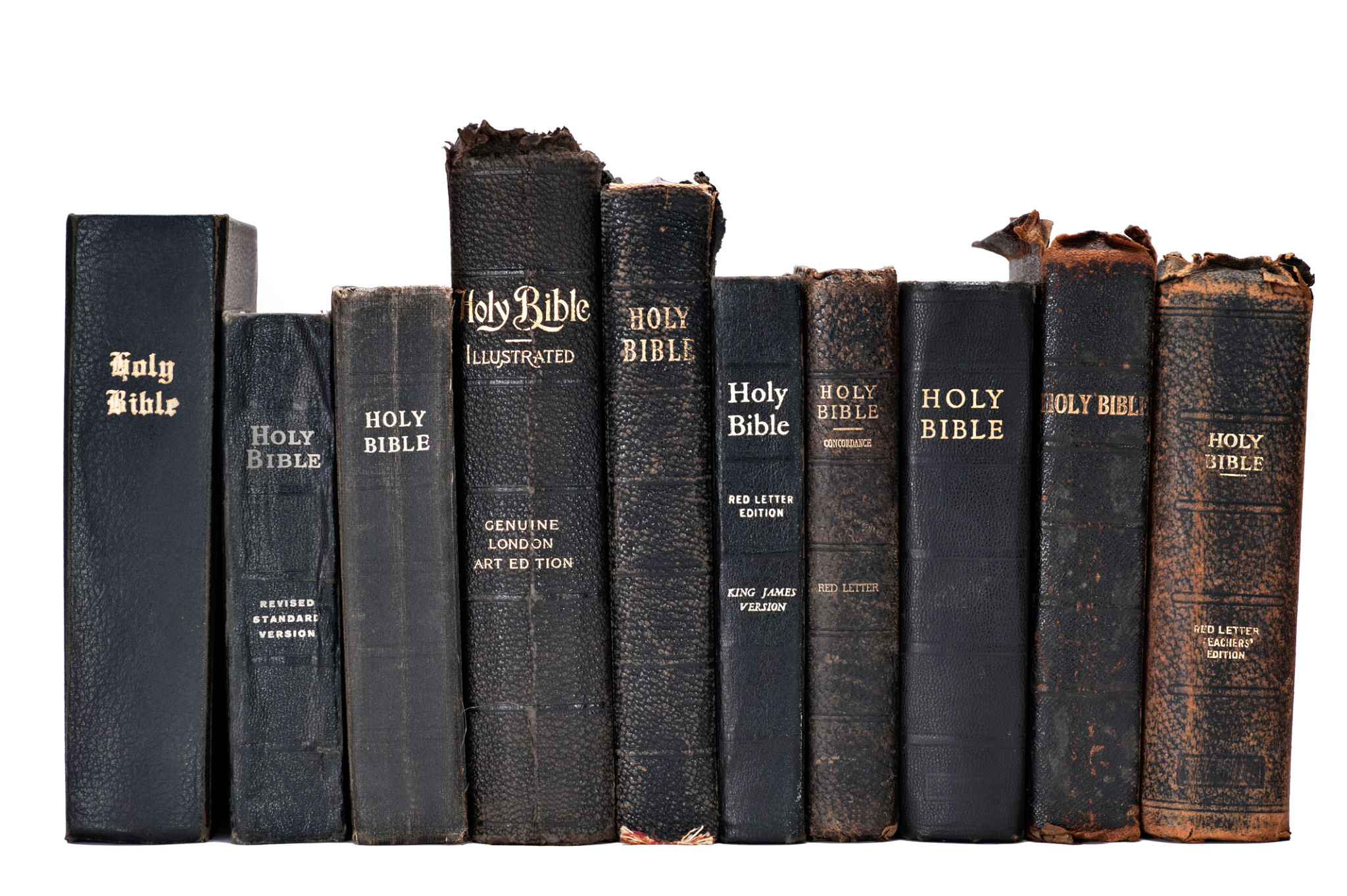How to Choose the Right Bible for Your Study Needs
Understanding Your Purpose
Choosing the right Bible for your study needs begins with understanding your purpose. Are you seeking a Bible for devotional reading, in-depth study, or group discussion? Each purpose may require different features, such as study notes, cross-references, or commentary. Clarifying your primary goal will help you narrow down your choices.
If your focus is devotional, you might prefer a translation with a more poetic style, like the King James Version (KJV) or the New Living Translation (NLT). For in-depth study, consider a version like the New International Version (NIV) or the English Standard Version (ESV), which provide a balance between readability and accuracy.

Translations: Accuracy vs. Readability
When selecting a Bible, one of the most important considerations is the translation. Accuracy and readability often come into play. Some translations are more literal, such as the New American Standard Bible (NASB), making them ideal for detailed study. Others prioritize readability, like the New Living Translation (NLT), which might be better suited for casual reading.
Consider what balance of accuracy and readability fits your needs. Do you want a word-for-word translation for deeper analysis, or are you looking for something easier to comprehend during quick reads? Understanding this balance will guide your decision-making process.
Study Tools and Features
The right Bible for your study needs should include features that enhance your learning experience. Study Bibles come with additional resources like maps, concordances, and footnotes. These tools can provide valuable context and insight, particularly for those new to Bible study.

Look for Bibles with cross-references if you want to explore related passages quickly. Some editions also include historical backgrounds or thematic studies that can deepen your understanding of the text. Consider what features will be most beneficial to your specific study goals.
Consider the Binding and Size
The physical attributes of a Bible can also impact your choice. If you plan to carry it frequently, consider a more compact size with durable binding. For home study, a larger edition with wide margins for note-taking might be preferable.
Leather-bound Bibles often offer durability and a classic look, while hardcover editions can be more affordable. Evaluate how and where you will use the Bible to determine what physical characteristics are most important.

Explore Different Editions
Finally, explore various editions that might offer unique insights. Some Bibles are designed specifically for different audiences, such as youth editions or those aimed at specific denominations. These can include devotionals or study notes relevant to particular groups, providing more personalized guidance.
Don’t hesitate to spend time browsing and comparing different Bibles. Many online resources and bookstores allow you to preview pages or read reviews from other readers, offering additional perspectives that can inform your choice.
Making Your Decision
Once you've considered these factors, make your decision based on what aligns best with your study needs and personal preferences. Remember that there's no one-size-fits-all solution; the right Bible is the one that enriches your spiritual journey and aids in your understanding of its teachings.
Whether you're a seasoned scholar or a beginner exploring the Scriptures for the first time, choosing the right Bible is a personal decision that can greatly impact your study experience. Take the time to choose wisely, and you'll find a valuable companion in your spiritual journey.